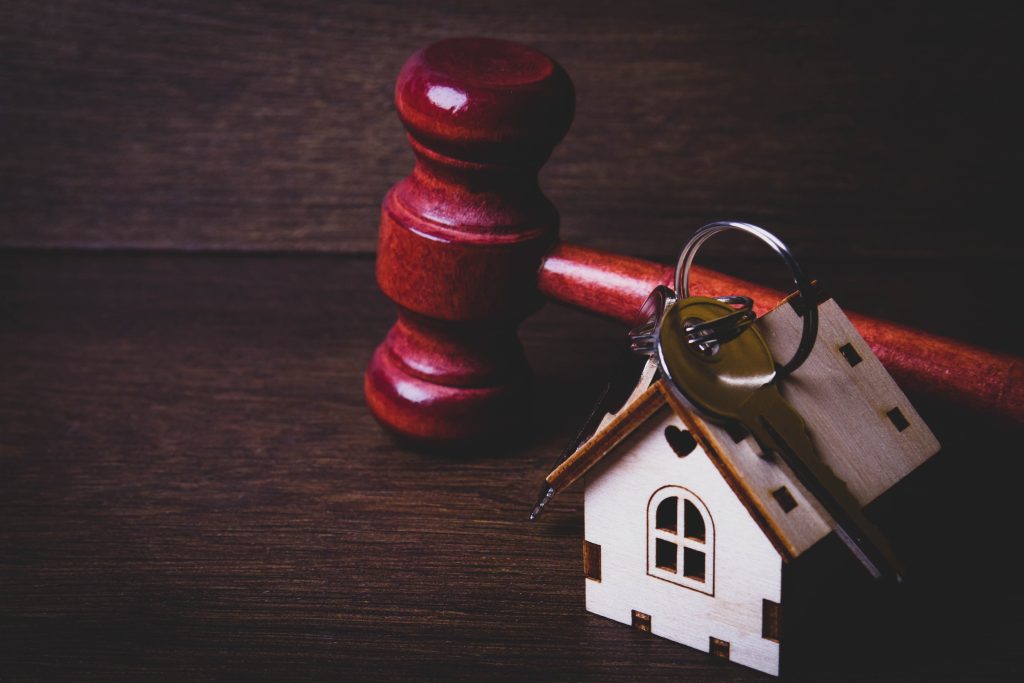
The rental market is more competitive than ever, and a rejected application can be both frustrating and baffling, especially if you have a stable income and think you’re a great candidate. What many renters don’t realize is that their inability to secure a lease might stem from being on a “tenant blacklist.” These are not official, public lists, but rather data compiled by tenant screening companies that landlords use to assess risk. If your name ends up in one of these databases with negative information, you could find yourself repeatedly denied housing without knowing why. Here are six common reasons you might be secretly blacklisted from rental properties.
1. A History of Eviction Filings
This is the most common reason to land on a tenant blacklist. Even if you were not ultimately evicted, the mere filing of an eviction lawsuit by a previous landlord can be recorded. These records are public and are quickly scooped up by screening companies. Landlords see an eviction filing as a major red flag, signaling potential future conflict and non-payment, even if you won the case or settled it. This can make you appear to be a high-risk tenant.
2. Previous Late Rent Payments
Consistent late rent payments are a landlord’s nightmare. Many property management companies report payment histories to credit bureaus or specialized tenant screening databases. If a previous landlord reported your tardiness, it creates a pattern that future landlords will see. They will logically assume you are likely to pay late again, disrupting their cash flow and creating administrative hassles. This history alone can get you blacklisted from rental consideration by stricter landlords.
3. Causing Property Damage
If a past landlord had to use your security deposit to cover significant damage beyond normal wear and tear, they may have reported this. Tenant screening reports sometimes have sections for notes or ratings from previous landlords. A report of property damage, whether it was from a wild party or simple negligence, marks you as a liability. The potential cost of repairs makes landlords wary of renting to someone with a history of being destructive.
4. Breaking a Lease Agreement
Life happens, and sometimes you have to move before your lease is up. However, breaking a lease is a breach of contract. If you left without paying the required penalties or reaching an agreement with your landlord, they could report this to screening agencies or sue you in small claims court. A judgment against you for breaking a lease is a public record that signals unreliability to future landlords and can get you blacklisted from rental opportunities.
5. Being Sued by a Landlord
Any lawsuit filed against you by a landlord, for any reason, can end up in tenant screening databases. This includes lawsuits for unpaid rent, property damage, or other lease violations. Like eviction filings, these court records are public and easily accessible. A history of being taken to court by a property owner, regardless of the outcome, can paint you as a problematic tenant in the eyes of someone reviewing your application.
6. A Criminal Record
Many landlords conduct criminal background checks as a standard part of their screening process. Certain types of convictions can automatically disqualify you from consideration, especially those related to violence, theft, or drug manufacturing. While policies vary, a criminal record is a frequent reason for being “blacklisted” by property management companies with strict criteria. This is done to ensure the safety and security of their other tenants and the community, but it can create a significant barrier to finding housing.
What To Do If You’re Blacklisted
If you suspect you’ve been blacklisted from rental properties, you have rights. Under the Fair Credit Reporting Act, you are entitled to a copy of your tenant screening report if a landlord used it to deny your application. Review the report for inaccuracies and dispute any errors you find with the screening company. Addressing old debts and demonstrating a recent history of responsible renting can help you overcome the black marks on your record over time.
Have you ever struggled to get a rental application approved and suspected a blacklist was the reason? Share your story in the comments.
Read More:
8 Rental Red Flags That Could Mean You’re Being Scammed
How to Spot Hidden Cameras in Airbnb Rentals
The post 6 Reasons Your Name Might Be Secretly Blacklisted From Rental Properties appeared first on Budget and the Bees.







